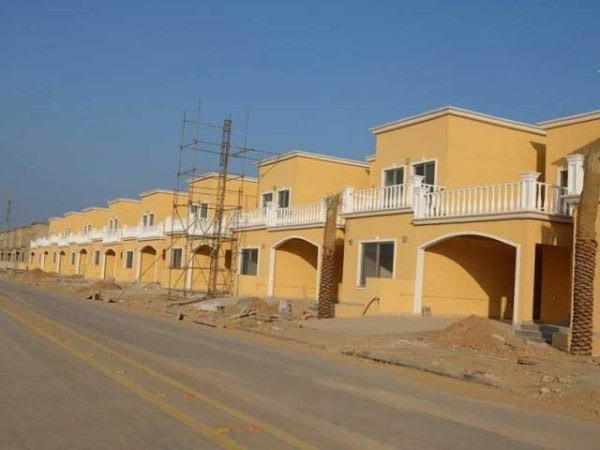ISLAMABAD – The federal government has approved an 85% increase in the housing rent ceiling for its employees, aiming to alleviate the growing financial burden of rising housing costs.
The increase was approved following recommendations from the Ministry of Housing and Works, and the decision was formally ratified by the federal cabinet via a circulation summary. The new housing rent ceiling rates will come into effect starting November 1, 2025.
This change will apply to all government employees in federal ministries, divisions, and their subordinate offices, across major cities including Islamabad, Rawalpindi, Lahore, Karachi, Peshawar, and Quetta.
According to the Ministry of Housing and Works, the adjustment applies uniformly to employees in grades 1 to 22, aiming to ease the financial strain caused by escalating living expenses.
The increase will directly benefit employees across various sectors, ensuring fair accommodation support in line with the current economic climate.
Meanwhile, the Punjab Labour and Human Resources Department has launched a comprehensive campaign to ensure the enforcement of minimum wage laws and the Punjab Occupational Safety and Health Act (OSH Act) 2019 across the province. The initiative is part of a larger effort to create safer and more fair working conditions for employees.
Nadeem Akhtar, Director of Labor Welfare (Lahore South), said inspection teams are conducting surprise visits to factories, workshops, and other establishments where manual labor is performed.
The primary aim of the campaign is to fulfill the directives of Punjab Chief Minister Maryam Nawaz Sharif and the Minister of Labor, ensuring that workers receive fair wages and work in a safe and healthy environment.
Nadeem Akhtar emphasized that employers found violating the minimum wage or compromising on worker safety will face immediate action. Officers have been instructed to closely monitor workplaces and take prompt action against any violations.
Recent data shows that from January to September 2025, a total of 1,330 factories were inspected. Of these, 707 factories were found to comply with labor laws, while 623 factories faced legal action for failing to pay minimum wages, violating safety standards, and lacking adequate protective equipment for workers.


